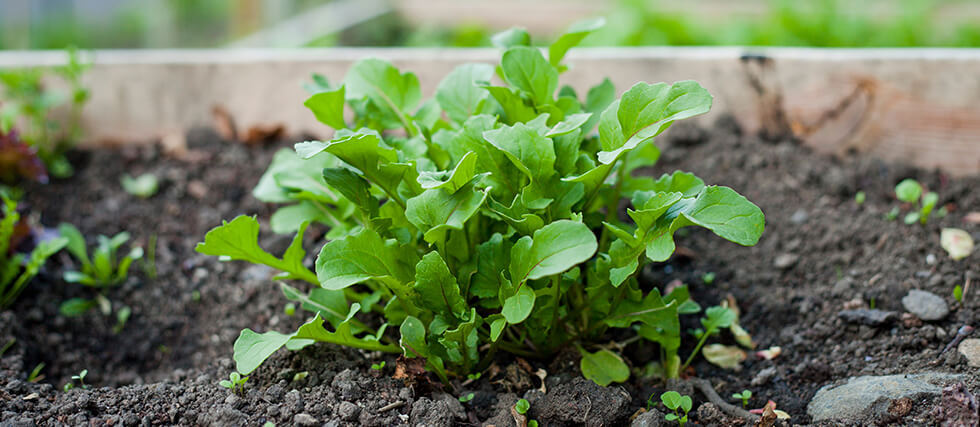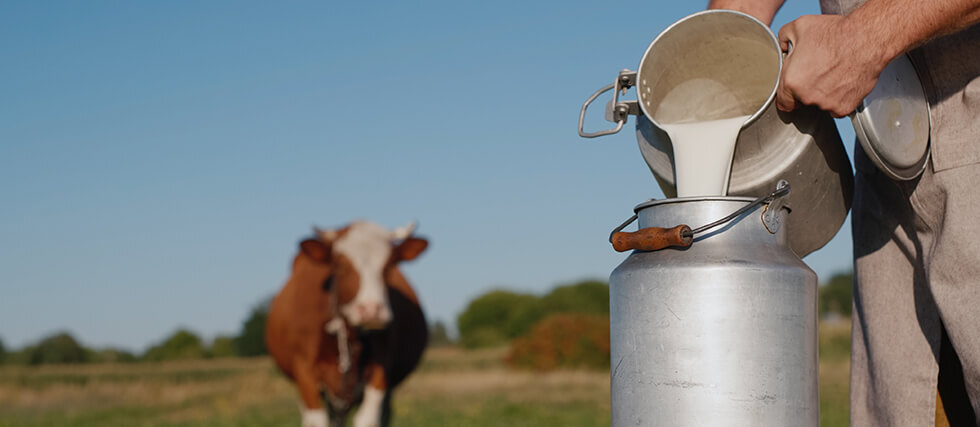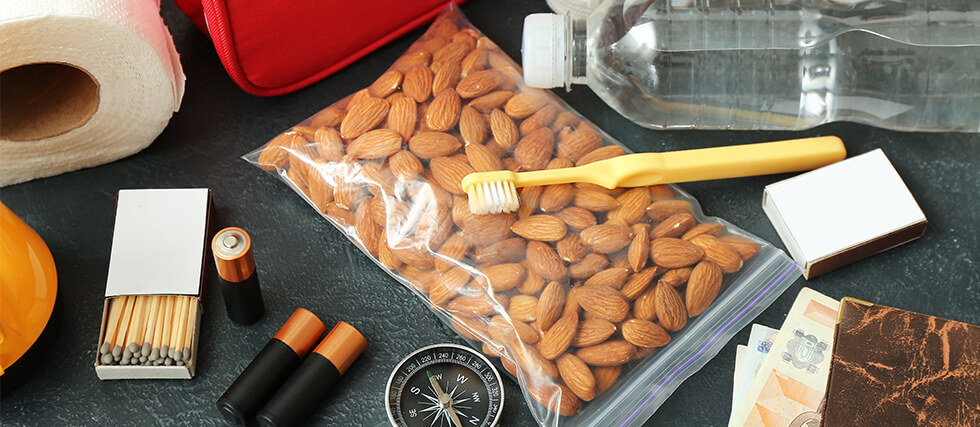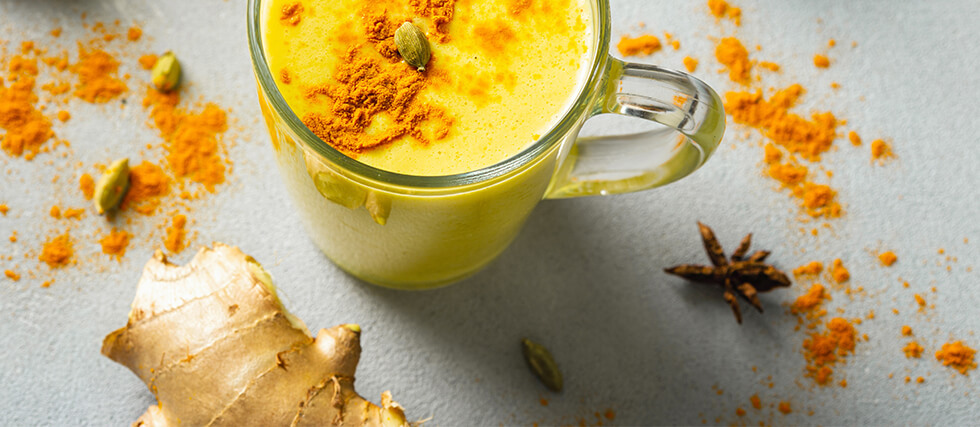Always Do This Before Your Morning Coffee — Your Metabolism Will Thank You
If your morning routine looks like: wake up, pour coffee, scroll phone—you’re not alone. But if coffee is the only thing hitting your stomach first thing, you might unknowingly be sabotaging your metabolism and setting yourself up for a rougher day ahead.
Experts say drinking coffee on an empty stomach, especially without eating breakfast, can do more harm than good. According to functional nutrition therapist Alexa Aboudaram, this habit spikes cortisol—the stress hormone—which can lead to blood sugar crashes, food cravings, slowed metabolism, and even belly fat accumulation over time.
“When your body doesn’t get food upon waking, it interprets that as stress,” Aboudaram explains. “Add coffee on top of that, and your cortisol levels can skyrocket, leading to metabolic slowdown and energy dips later in the day.”
Skipping breakfast not only makes it harder to lose weight, but it also weakens your immune system and can increase your risk of heart disease. In fact, studies have linked regularly skipping breakfast to an 87% higher risk of death from cardiovascular disease.
So what should you do? Eat something—preferably before your first sip of coffee. Nutritionists recommend starting your day with a balanced breakfast that includes protein and healthy fats. Think eggs and avocado, Greek yogurt with nuts, or a protein smoothie.
“Protein helps with muscle repair and satiety, while healthy fats support hormone balance and nutrient absorption,” says Aboudaram. “This combo also curbs cravings and prevents the blood sugar rollercoaster.”
Even a small meal before coffee can blunt that cortisol spike and support a healthier metabolism. So tomorrow morning, before you reach for that comforting cup of joe, fuel your body first. Your energy, focus, and waistline will all benefit.












